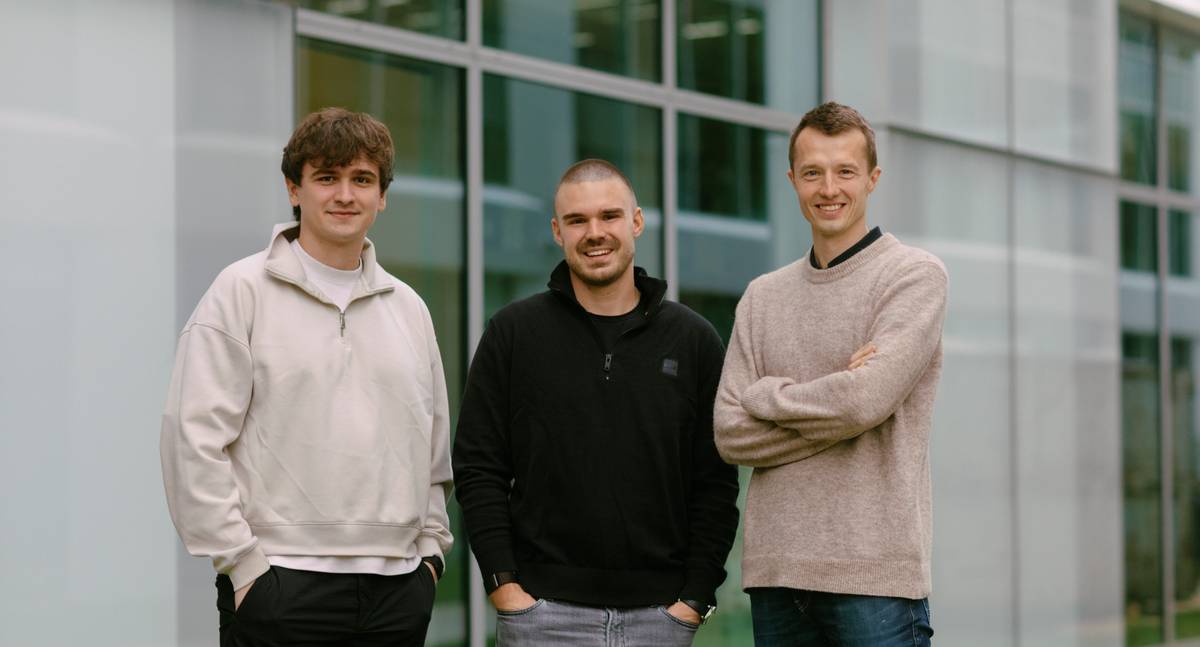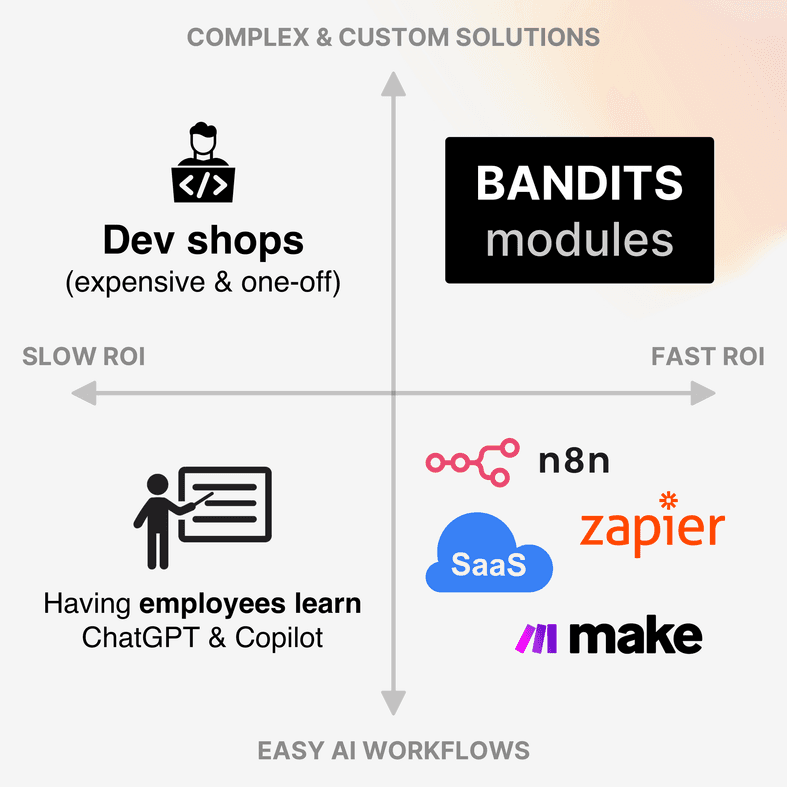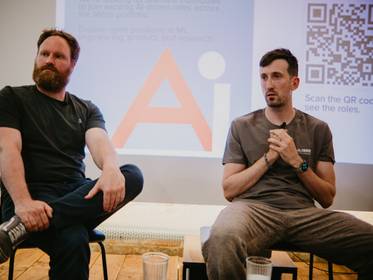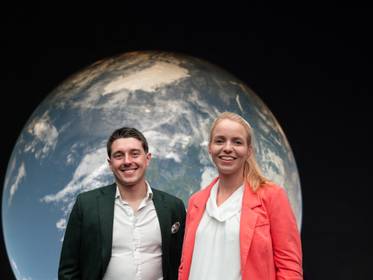Every company wants to become more efficient thanks to AI, and almost none succeed. Miton is investing €400k into a startup that wants to fix this.

Michala Gregorová
(press release) Even though companies know very well that AI can significantly increase their efficiency, most never get further than paying for ChatGPT accounts for their employees. It’s not motivation they lack - most fail in the implementation phase. The problem lies in the approach companies take: they treat AI as if it were traditional software. And this is exactly where Bandits comes in, a new project by Jiří Štěpánek, Kryštof Mitka and Miton.

The startup offers both its own AI modules for tasks across company departments, as well as the option to customize them for any team.
“There are more and more AI tools on the market, but most of them are impossible to integrate into established tools or existing company processes. Rewriting them to be AI-first, while still allowing human control over results, is not easy - and companies need a partner to guide them through that process. Many companies have already failed here or are afraid of wasting money and time. So instead, they settle for simply paying for ChatGPT for their people,” explains Bandits co-founder Jiří Štěpánek. “We have ready-made modules that automate work people find exhausting. At the same time, we act as an implementation partner, which significantly increases the chances of success.”
The largest European MMA organization, OKTAGON, which communicates with fans worldwide, has recently become a client of the startup. Its team uses Bandits’ modules, for example, for video translation and captioning — a process that was previously manual, expensive, and slow. This allows them to save up to 50% of time in video production, without compromising the quality fans expect. They are also expanding AI into partner reporting and internal knowledge systems, designed to streamline operations and enable the scaling of creative outputs across the entire OKTAGON ecosystem.
“Bandits are stepping into the cage with OKTAGON to build AI-first systems directly integrated into our operations.” says Oktagon’s Sales Project Manager Oliver Mead. “The goal is clear — to multiply internal capacity and deliver the best possible experience to fans and partners alike. Partner reporting is a crucial, often overlooked part of the advertising game, and with Bandits we're building a complex environment that brings new value to our partners.”
Miton joined Bandits as a founding investor even before launch. It is investing €400,000 into the startup. Miton partner Tomáš Hodboď, who will be involved in Bandits’ development, says: “With the rise of large language models, significant value will be created by expanding profit margins of established companies that are ready to adopt new technologies early. The SME segment will benefit from the efficiency that AI-first approaches in sales, marketing, generative, and back-office processes bring, enabling repetitive tasks to be replaced by higher-value activities.”
Ten years ago, Tomáš Hodboď founded the fashion comparison platform Glami, which has since become a billion-koruna, profitable company. He also helped grow the crowdfunding platform Donio (in 2024, Livesport bought Donio from Miton). Besides BANDITS, he is also involved in another Miton AI investment — DeepScout, the “SimilarWeb for e-commerce.”
“Thanks to AI, companies can be efficient — if they manage to deploy the tools into production. According to a recent MIT study, only 5% succeed. The same study shows that implementation with the help of an external partner is significantly more successful than internal attempts. It makes sense, because AI really needs to be approached differently than traditional software. At Bandits, we can integrate AI even into established systems with complex process flows, and we can handle more than in-house automation in n8n or Make. Our own AI modules are regularly updated and delivered as a monthly subscription with full support,” explains Kryštof Mitka.
The approach where a startup develops its own AI agents and is simultaneously able to take responsibility for implementing them for clients is becoming increasingly common. Examples of projects of this type include Distyl AI, valued at $1.8 billion and founded three years ago by former Palantir employees, or the year-old Edra, also founded by people from Palantir.
Share
Of further interest
What happened: Fall/Winter 2025
The second half of the year, like the whole year (and the two previous ones as well), was marked by AI. This year will be no different. There will be a lot of AI in this summary too. But we’ll also add a bit of crypto and psychedelics.
PangeAI emerges from stealth to democratize access to geospatial data
(press release) A startup founded by Johanna von der Leyen and Marek Miltner at Stanford is changing the way companies and public institutions work with geospatial data. Instead of needing to hire a team of GIS experts, PangeAI agents allow making complex analyses and decisions involving physical infrastructure as easy as typing a prompt. The goal is to make the physical world as searchable and understandable as the digital one.
Building an AI startup: Discussion with Tomáš Gogár (Rossum) and Martin Schmid (Equilibre).
The guests of the Miton AI Times event were Tomáš Gogár (co-founder and CEO of Rossum) and Martin Schmid (co-founder and CEO of Equilibre), who joined to discuss the challenges of building an AI startup.



